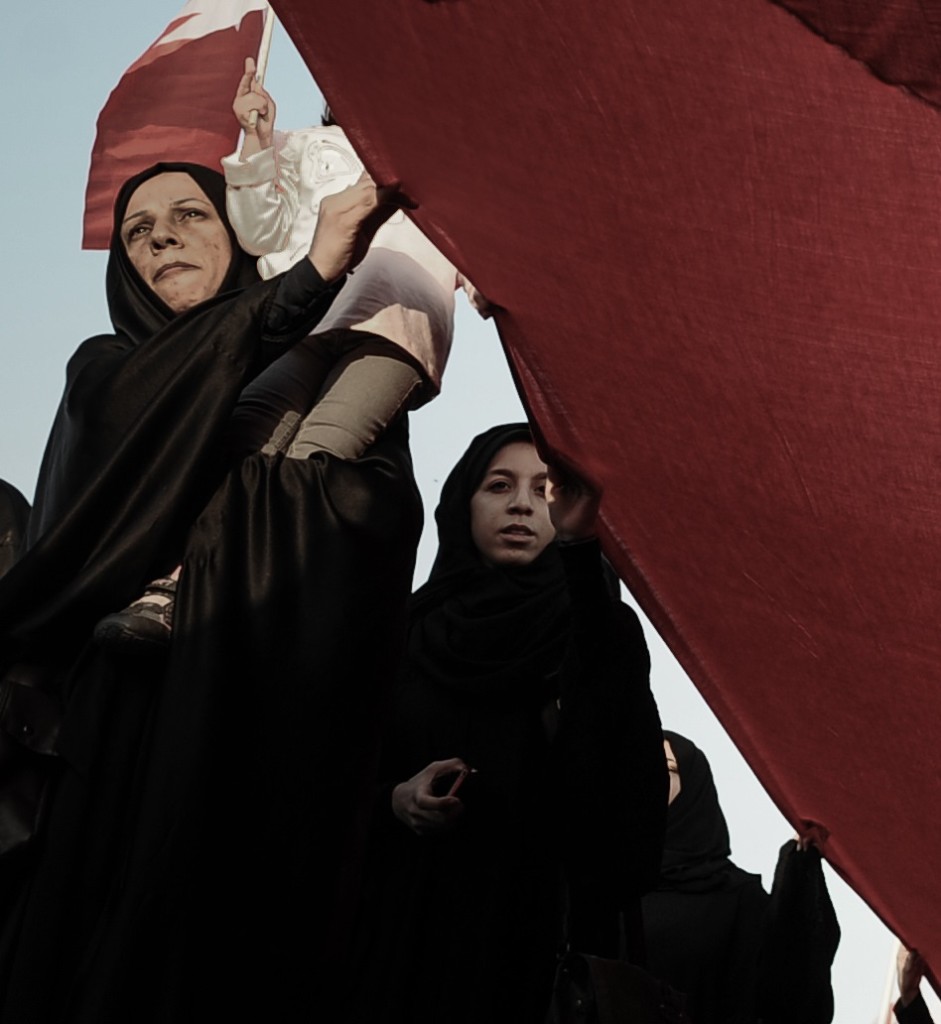International Women’s Day marks a time to reflect on both the progress made, as well as the steps that remain necessary to ensure gender equality around the world. This year’s International Women’s Day theme – equality for women is progress for all – highlights that society remains inherently flawed when women are treated differently than their male counterparts. This sentiment is all too true in Bahrain, where women face legal suppression of their most basic human rights.
Earlier this year, the Government of Bahrain announced that it is considering withdrawing the reservations it submitted when it ratified the United Nations Convention on the Elimination of Discrimination against Women (CEDAW) in 2002. This step should be commended. Yet even if Bahrain lifts all its reservations, the road to secure true gender equality in the country has just begun.
To meet CEDAW standards, Bahrain’s family law will have to be extensively revised. For example, Bahraini men can initiate divorce at any time, but women must take their complaint to Sharia courts if they wish to be granted a divorce. In that vein, Bahrain’s penal code will also require drastic changes. Abhorrent laws concerning rape, such as Article 353, which absolves a rapist should he agree to marry the survivor of his crime, must be condemned to the dark past where they belong. The country must, with equal urgency, criminalize the rape and abuse of a spouse.
Recognizing women as autonomous over their persons and as equals before the law is only half the story. Bahrain’s Labor Law must be altered to include provisions banning discrimination on the basis of gender in the marketplace. Sexist laws preventing women from working “hazardous” jobs (an undefined term) or night jobs must be abolished, and sexual harassment in the workplace must be banned. The U.S. Department of State identified Bahrain as a “destination country” for human trafficking, specifically for forced labor and forced prostitution. Bahrain should create anti-human trafficking laws and programs for the rehabilitation of survivors of such violence and abuse.
As we celebrate International Women’s Day, let it serve as a reminder not only to the progress that has been made, but also as a reminder that significant reforms must take place to ensure concrete reform occurs throughout the world. In Bahrain, this means not only removing all reservations from CEDAW, but also enacting meaningful legislative reform to ensure that women’s rights are legally protected. As United Nations General-Secretary Ban Ki-moon said, “the evidence is clear: equality for women means progress for all.”
–
Isabelle Bejarano is a Intern at ADHRB





